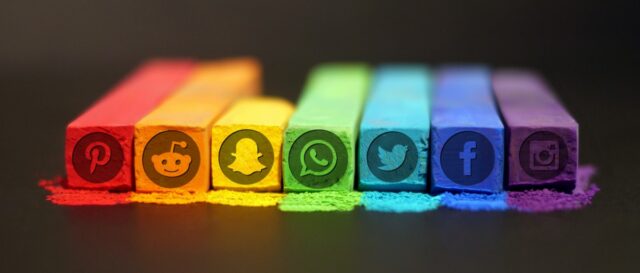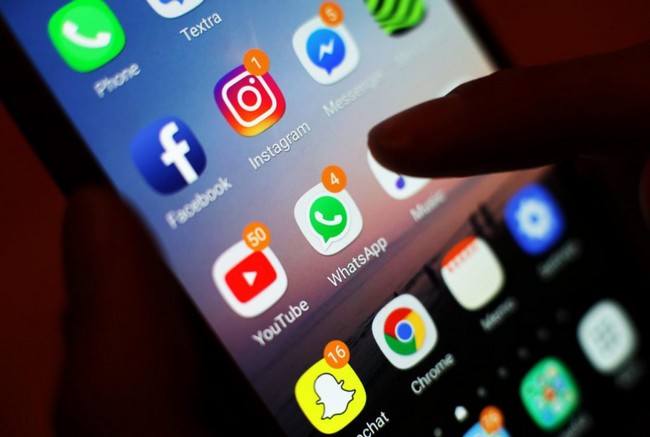
Social media has created a revolution in the way we socialize and live our lives. Most people use social media every day and everyone is connected, no matter how far away from each other they actually are.
However, over the years, some information has come to light involving the dangers of social media and how companies might be using various psychological tricks to get us to keep using their product. Here are some ways social media could be controlling your mind.
5Reward Systems

Our cravings to win an award can be cured by various devices with so-called reward systems. For example, when people use slot machines, their brains focus on the unknown result, and that’s why those machines are addictive.
Doesn’t this sound familiar? Mobile apps like Twitter work in a very similar fashion: you swipe down on your screen to get new content, and you never know what’s about to come. The method is similar to a slot machine as a user’s anticipation for new content builds up along with their craving.
So, your newsfeed could be tricking you to constantly scroll down or swipe until you find your reward. This way, you also see more ads and that’s what keeps the companies running.
4Reactions

While reactions such as ‘likes,’ ‘shares,’ or ‘retweets’ are used to connect us to our friends and make us socialize more, they also serve another purpose.
Namely, when a user gets a ‘like’ or another reaction, they experience a real dopamine rush, similar to what happens when someone goes to the gym or wins a challenge. It’s said that even the notification sound or phone vibration can cause this rush. When users experience this type of social validation, together with the dopamine rush, they will keep coming back for more.
3Brands

When it comes to ads and profits, many people who use social media often neglect the fact that they are essentially the test subject or the product.
Our data and time are used to make large profits, but we aren’t quite aware of that since the brands present themselves to us in a way that makes them seem extremely friendly. The brands seem approachable and their marketing strategies can lead us to think that we are the beneficiaries of their products.
However, funny and entertaining posts by companies could only be a way to induce a dopamine rush in users who view and react to their content. This method results in more profits and more loyal customers.
2Red

Studies have found that the color red can trigger feelings of impending danger. The color triggers a quick response and that’s why it’s mostly used on stop signs and warning signs. Back in the early days of Facebook, the icons for notifications were actually blue, and people simply ignored them.
When they switched the notifications to red, it was extremely effective and it paved the way for many apps to do the same. People will click on the red more often and will spend more time using the platform and app.
1Spying

By now, most people are probably familiar with the fact that social media platforms sell a lot of our data and information to advertising companies. However, that’s only the beginning.
Allegedly, some social media companies can track the time you spend online: it’s said that any website with a Facebook ‘like’ or ‘share’ button can track you and send your data to the company. Other companies could sell your bank reports to companies like Facebook.
Allegedly, it has been discovered recently that Facebook can record your phone calls and text messages. So what do they do with all this data? Allegedly, you get added to a database and categorized using over 50 thousand different elements.
These attributes are then utilized to show us more personalized ads, however, no one knows what else happens with the information the company has collected about us.







